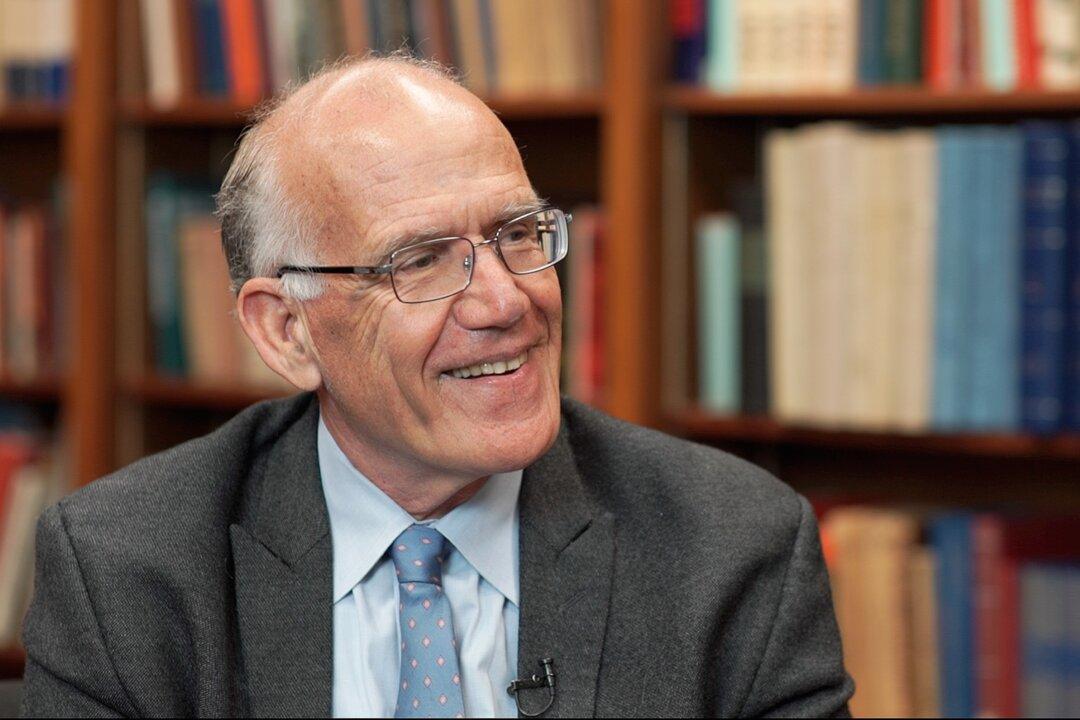The Chinese Communist Party (CCP) is a common enemy of the free world and would prefer Taiwan to be destroyed than remain independent, according to military historian Victor Davis Hanson.
CCP leaders hoped that Russia would win the war in Ukraine, Hanson said during a recent interview with EpochTV’s “American Thought Leaders“ program, because it would vindicate the regime’s own imperial ambitions.





